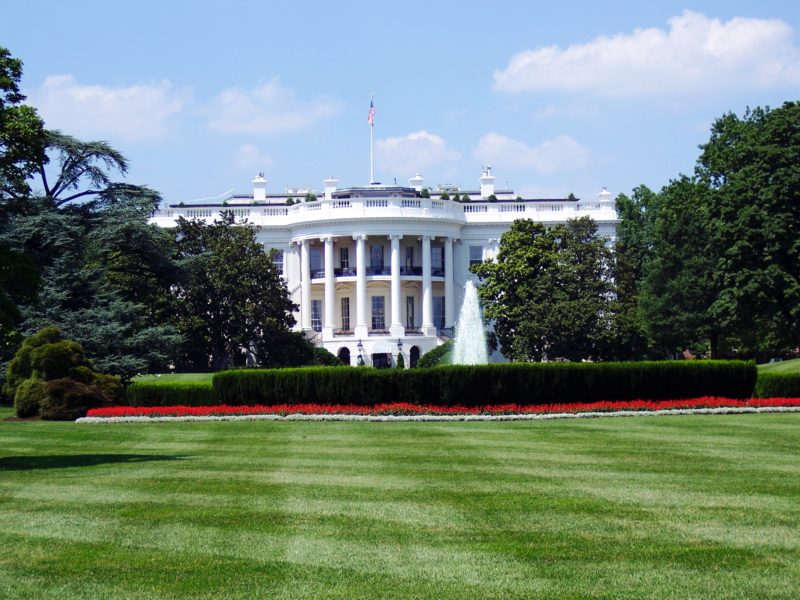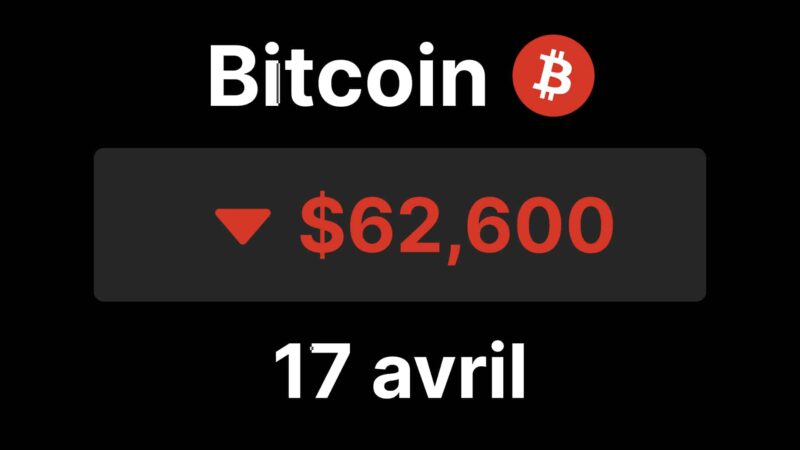OKX suspends its services in India citing regulatory challenges following FIU compliance notice
The cryptocurrency exchange OKX has announced the closure of its operations in India, nearly three months after receiving a compliance notice from the Financial Intelligence Unit (FIU) of the Indian Ministry of Finance.
This notice affected nine foreign cryptocurrency exchanges, including OKX, which is now forced to close its doors to Indian users.
OKX gives Indian users until April 30 to withdraw their funds
On March 21, OKX informed its Indian users of the need to close their accounts and withdraw their funds before April 30. The cryptocurrency exchange justifies this decision due to local regulatory obstacles.
The OKX website and application have been blocked in India, despite the implementation of a new registration process that requires thorough verification of customer identity (KYC).
The regulatory puzzle in India
India represents a promising yet complex market for foreign cryptocurrency exchanges, mainly due to the lack of clear regulatory guidelines and strict government measures.
Although discussions on a regulatory framework have been taking place for nearly four years, the Indian government shows no willingness to officially recognize the emerging cryptocurrency market or subject it to a legal framework.
The severe taxation of crypto income at 30%, without the possibility to offset losses, coupled with a 1% Tax Deducted at Source (TDS) on each cryptocurrency transaction, has led many established players to move their operations elsewhere.
The Indian Finance Minister recently emphasized the impossibility of treating cryptocurrencies the same way as fiat currencies, thereby explaining the absence of a clear regulatory structure for the cryptocurrency market in India.
However, this position does not meet the expectations of market players who do not demand cryptocurrencies to be treated identically to fiat currencies, but rather seek clear regulations similar to those applied to the traditional stock market.




